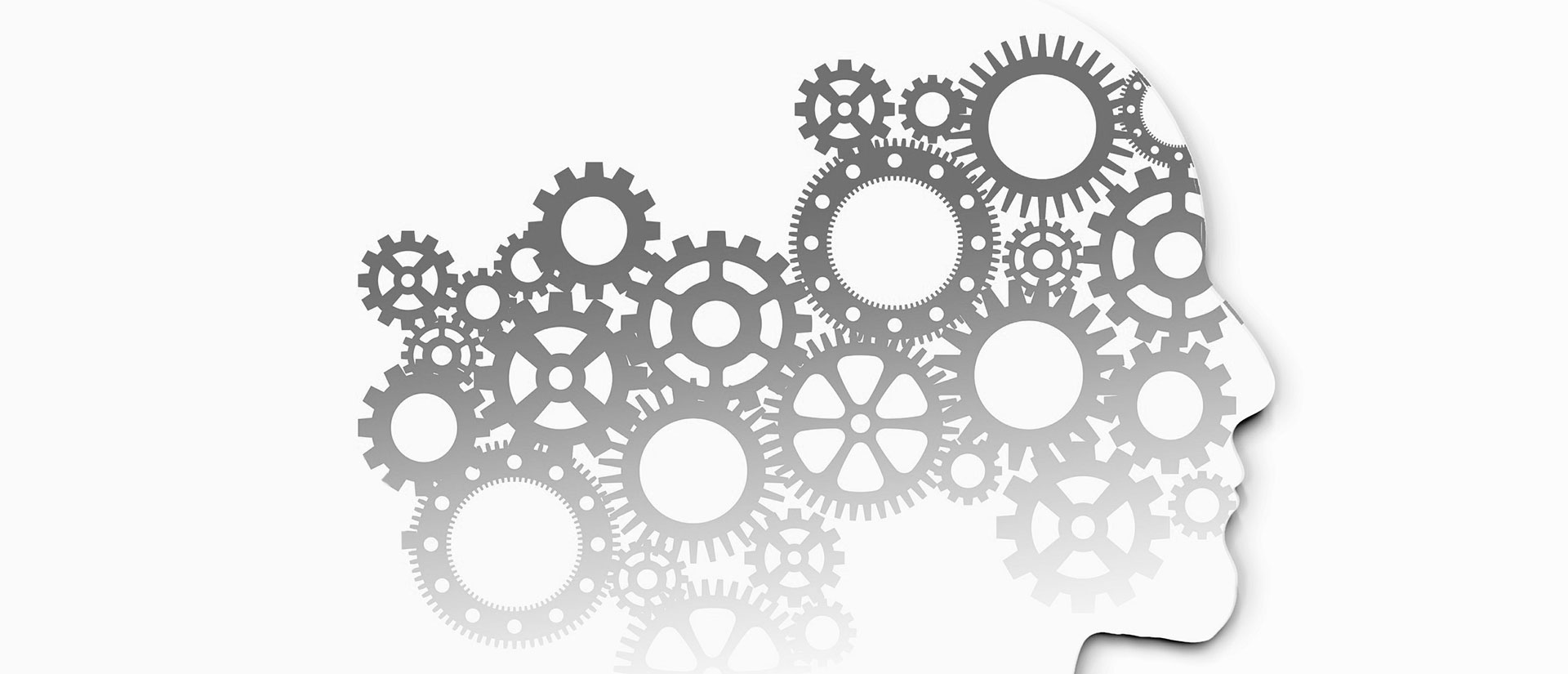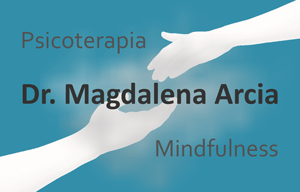
COGNITIVE BEHAVIORAL THERAPY
Cognitive Behavior Therapy (CBT) is the most widely used therapy today for a very wide range of conditions. It studies and observes beliefs and behaviors that are maladaptive or unhelpful in a person. Clients are encouraged to self-monitor and develop introspection; to look at what they really think and how they react to themselves, other people and the world in general. Relaxation techniques may also be taught.
Cognitive Behavioral Therapy is a discipline based on four assumptions:
- Generally, people “interpret” events rather than see what actually happens to them.
- Thoughts feelings and behavior are all interlocked and interrelated.
- In order for therapy to work it must clarify, then change how people think about themselves and others.
- Therapy should aim to change both beliefs and behavior, because the benefits and effects are greater if both are addressed at the same time.
Efficacy:
CBT is cost effective, adaptable and it works. Research shows that when a person attends regular weekly sessions for a period of 6 months, there is a very high incidence their psychiatric symptoms will disappear and do not suffer relapse. In very severe cases, when used with appropriate medication CBT appears to have the best outcome, particularly with depression and anxiety. It has been shown to clearly change distorted thinking in clients as well as change maladaptive behavior. CBT focuses on cognition and changing biases and distortions into more realistic and positive beliefs. It targets irrational thoughts that often lead to depression. It is particularly effective with people suffering from anxiety, depression, obsessive-compulsive disorder and panic attacks.
Couple Therapy
Human relations can sometimes be complicated and can bring conflicts and misunderstandings between parties. Each brings their own past experiences, good and bad, depending on how they’ve processed their experience, and couples are not excluded from this process. Relationships go through a cycle, going through different stages of infatuation, surrendering to the partner, adaptation, finding balance between the couple, and if the emotional needs of each member are not met, frustration can set in, as well as lack of understanding which leads to the breakdown of the couple.
Couples Therapy helps restore emotional balance between the couple.
All this is intensified even more when each partner come from cultures with different values and languages. This implies that love becomes evolves into a heartbreak for lack of understanding on both sides. Each individual can be interpreting the same event in very different ways given their culture and their primary values. Couples therapy, together with “Intercultural Psychology” can help any couple from any culture override the challenges during these periods of misunderstanding and frustration, and can aid in the rebirth of the initial love that joined the couple in the first place. When seeking psychological help, each partner can open their conscious awareness and realize the cultural differences that can separate them or refocus and rejoin their relationship.

